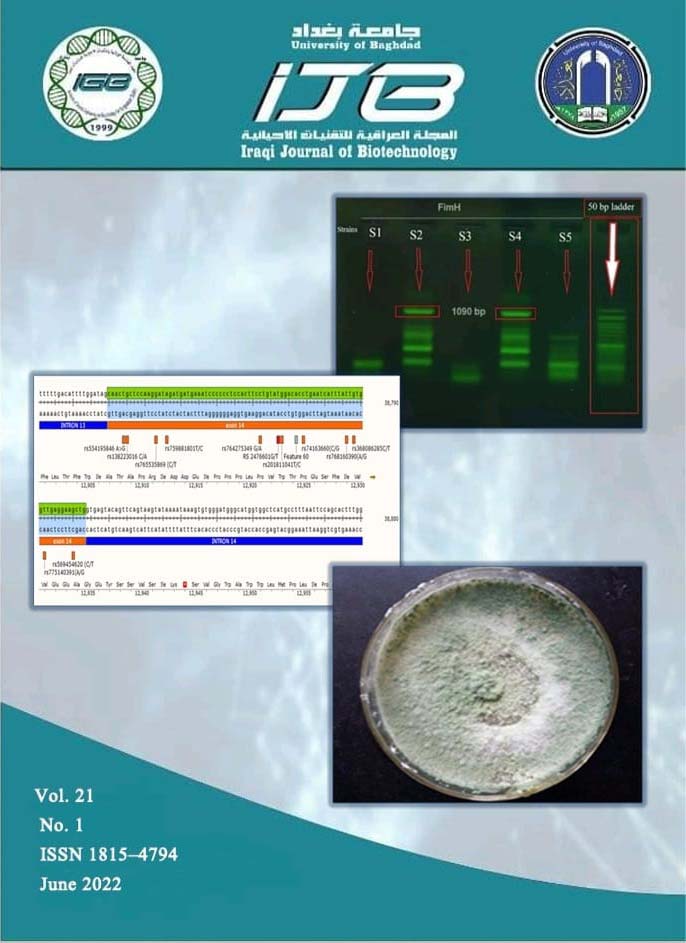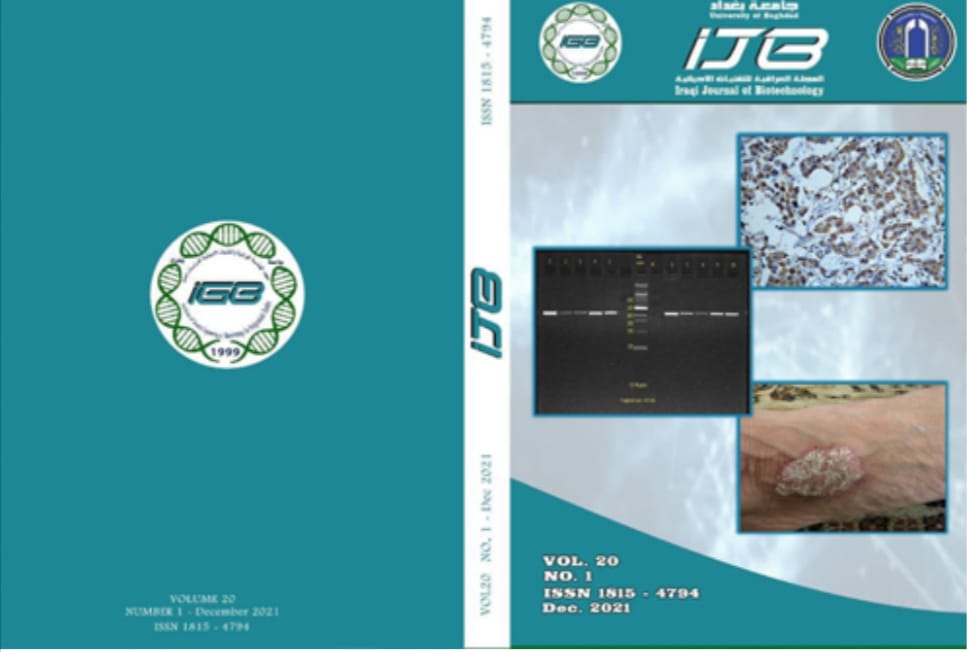Impact of DNA Methylation and Gene Expression of H19, SNRPN and LINE-1 Genes on Oligospermia
الملخص
Male infertility is a complicated problem with a strong genetic and epigenetic foundation. Imprinted genes survive fertilization and retain their parent-specific germline patterns, while aberrant methylation imprints can be passed directly from the father's sperm to the developing embryo. Semen samples were collected from patients (number=100) (50 infertile oligospermia men and 50 fertile normospermia men) for epigenetic study (methylation pattern) after DNA isolation from seminal fluid samples using a kit for extraction DNA and converted to methylation pattern, then analyzed methylated DNA was used quantitative real-time polymerase chain reaction by high-resolution melting technique for H19, SNRPN, and LINE-1 genes. Also, semen samples were used for the molecular study (gene expression) after RNA was extracted using a kit of extraction and converted to complementary DNA, then used quantitative reverse transcription real-time polymerase chain reaction for H19, SNRPN, and LINE-1 genes to determine expression levels. The current study was present for DNA methylation was significant in the infertile group compared with fertile group, the defects on gene promoters and the affect on gene expression may serve as epigenomic biomarkers for the assessment of oligospermia infertility in men with multiple sperm defects.

